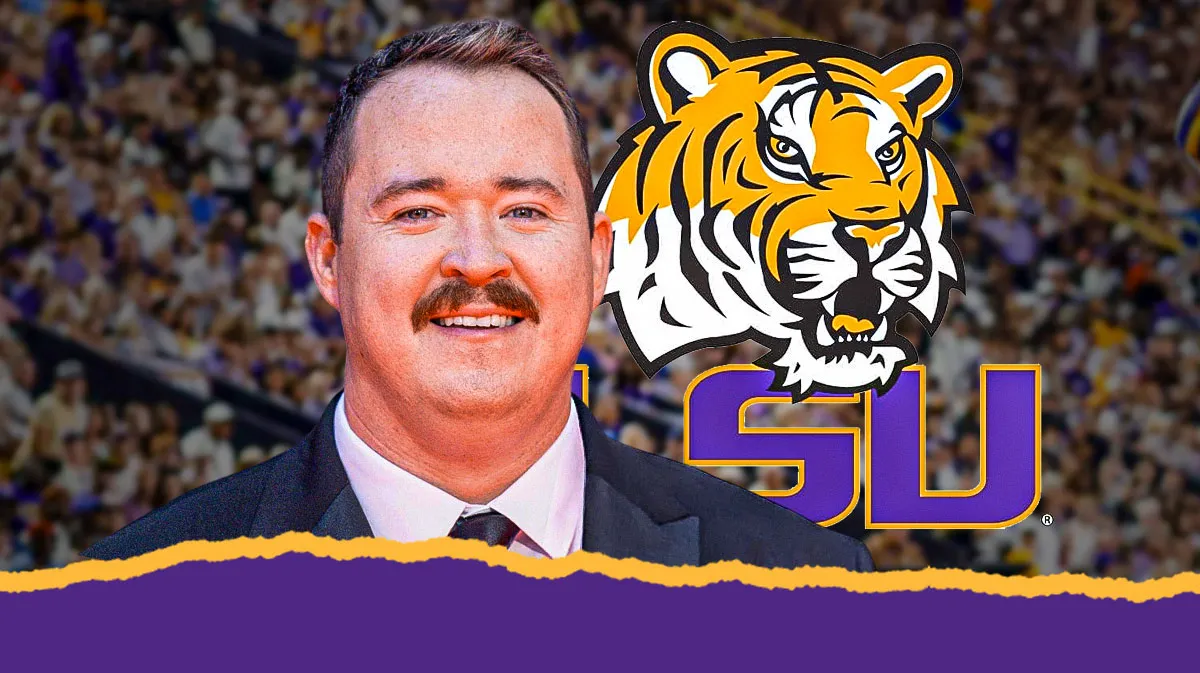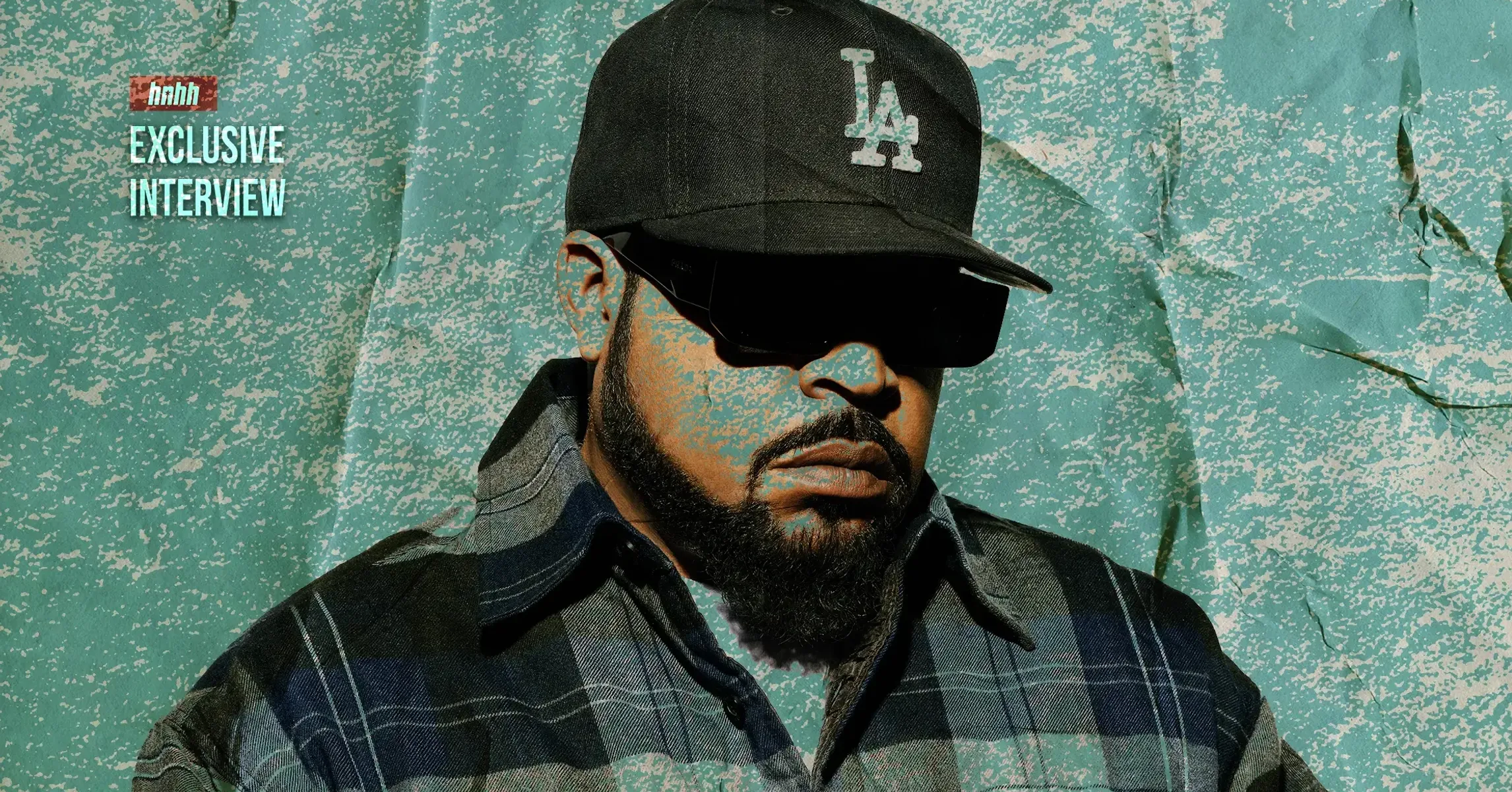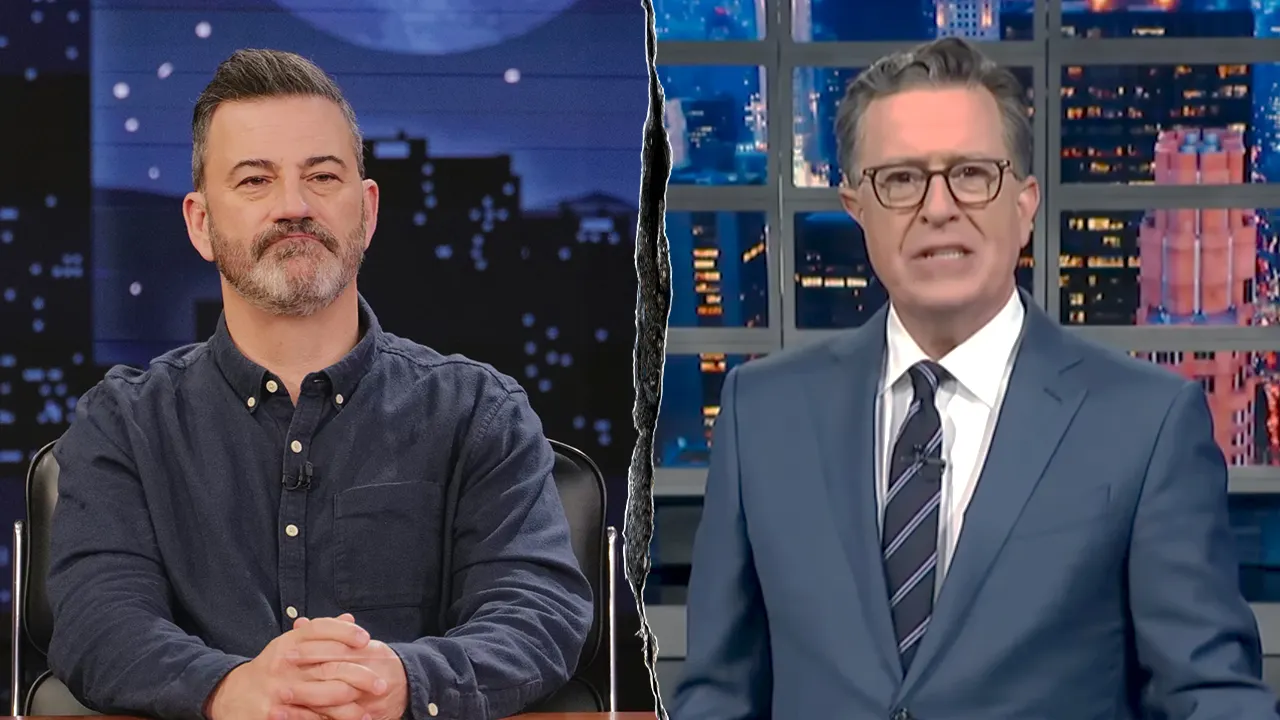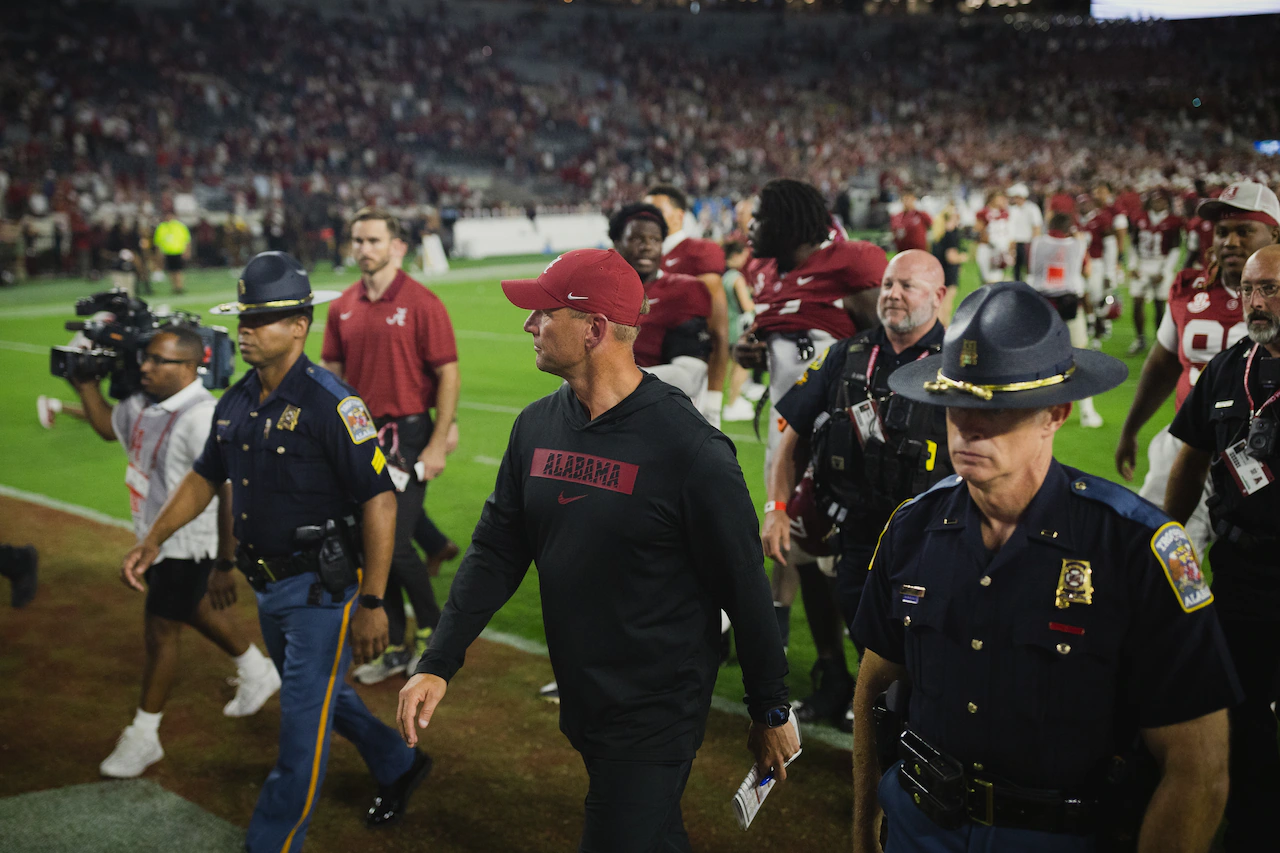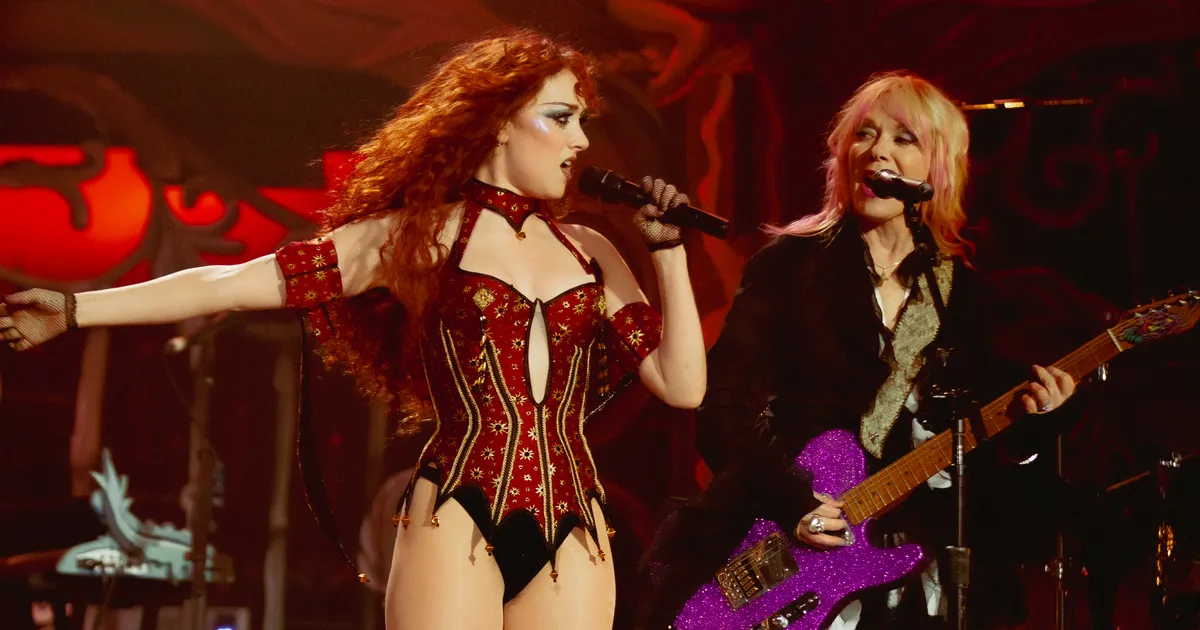
That super-graphic ultramodern girl storming the stage with Chappell Roan? It was none other than Nancy Wilson. The Heart co-founder and her Grimace-purple guitar were surprise guests at Roan’s September 21 show at Forest Hills Stadium, where the duo performed what’s become a tour staple for the pop star this year: “Barracuda,” a blistering song about industry slimeballs that Wilson wrote with her sister, Ann, in the late ’70s. (Wilson previously told us it’s Heart’s ballsiest song and represents “the power of a couple marine-corps brats.”) Roan has recently been effusive in her adoration of “Barracuda,” telling the crowd, prior to Wilson’s appearance, how it’s among the greatest songs — perhaps even the greatest song — ever recorded. The experience left Wilson optimistic for what lies ahead. “It gives me hope and positive appreciation for where the culture is going,” she now explains. “I was completely honored to do that for Chappell.”
When did you first become familiar with Chappell and aware that she was a big admirer of Heart?
She came to Heart’s Los Angeles show a couple months ago with some of her friends, like Lucy Dacus and those really cool girls from MUNA. It’s great to see the next wave of women coming out to see us. It was a cool handing-off-a-generation feeling that connected everybody together both times.
Were you familiar with her before she came to your show?
Yes. I’m a songwriter and love good pop music — any good music when it’s well written. I believe she’s one of the great pop songwriters. The song structure of “Pink Pony Club” is perfect, just to get technical about it. Going to her show at Forest Hills, I saw a much bigger picture of what she’s doing with the youth culture.
What was it about the atmosphere that was so aspirational?
The throngs of young women and the inclusiveness and positivity of it was just mind-blowing. I’ve been waiting for a new renaissance to start with art in this cranky-old-billionaire mentality/white-guy culture that’s been foisted on us. She’s a shining light and a beacon of positive energy in the really dark time that we’re in. Her team even brought a birthday cake to my friend who came as my guest to the show. It was beyond pleasant to work with those people, seeing the complete adoration of the audience and seeing how her songwriting brings the universal together with the personal.
How long had you been trying to link up to perform “Barracuda” together?
It was one of those things where, when we met, she was the sweetest person on earth. She said, “It’s an honor to be here and meet you.” It was like, Where’s Chappell Roan? I thought she was going to be some big diva, but she’s this wonderful, sweet-hearted person, intelligent and funny. We went our separate ways, and she kept doing “Barracuda” on her tour. My hubby, Jeff said, “Well, maybe she’d want you to play with her sometime.” So we put the idea out there and her team responded, “Whoa, would you really do it?” I never would’ve thought of insinuating myself into her show, but it was natural, since she does “Barracuda” every night.
At the show, Chappell said “Barracuda” is the one song that she wished she wrote. Did she tell you why she felt this way and her personal connection to it?
I think she relates to the song for the reason of what it’s all about — the song kicks the asses of slimy guys in the culture. They’re still everywhere. They haven’t gone away. If anything, it’s worse now than it was in the ’70s. I think she’s really reactionary and intelligent about her own sexuality and her place in a culture regarding her individual personhood. “Barracuda” speaks to her, and she’s a radical and intelligent thinker.
Did you get a decent amount of rehearsal time? They did a sound check with me. They walked me through the drawbridge and how I should enter. I was like, Damn, I’ve never had a drawbridge before. You’d think I would’ve had one by now, but not until Chappell Roan did I ever get my own personal drawbridge rock moment that was even cooler than any Spinal Tap rock moment. We rehearsed it a couple of times. We all had in-ear monitors, so you could hear cues and other stage directives during the show. I’ve never had that before because we play 100 percent live with Heart, but they managed to make it unobtrusive. It was a completely authentic rock show.
When I watched this performance I was pretty awestruck that it was done with an all-women band, which I rarely ever see. Did that enhance the experience for you?
My mind was blown away by how completely confident they are as players. I’m used to seeing all-girl bands be kind of cartoonish or something like, Yeah, we’re holding the guitars and we look cute with the guitars. But Chappell’s band knows their shit and plays really well. I know whom to call in the future.
There’s been a noticeable uptick in young female pop stars being keen to perform and honor their musical heroes — Chappell and yourself, Sabrina Carpenter and Earth, Wind & and Fire, and Olivia Rodrigo and Weezer, to name a few. What do you make of the timing of this?
I do think it’s something going on right now and it’s an astute observation on your part. I’ve seen, even at the Heart shows, 9-year-old kids playing air guitar when we do “Barracuda” and “Crazy on You.” There’s a lot of singing along from college kids, and the original Heart fans always show up like the loyal fans they’ve always been. It’s a multigenerational situation.
In the pop-culture world now with Chappell and Olivia, a lot of the music had been so mechanized and auto-tuned — spoon-fed that way for a little bit longer than people realize. There’s a feeling of music history that comes from classic rock. It’s not completely disposable. It passes through the generations a bit more. There’s a personal story to it. It probably involves your parents and people you know from before you were born. The attention-span theater is growing back a bit longer because of the sense of history and security a classic rock song will give you, as well as unity among the people that love those songs. And those songs are such amazing things to me. “Pink Pony Club” and a lot of Chappell’s songs are already beloved in the world. There are marching bands performing it and choirs singing it in cathedrals in Europe. That song will never die. We’ll all be gone, and “Pink Pony Club” will still be there.
